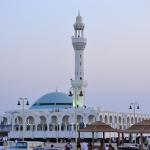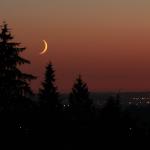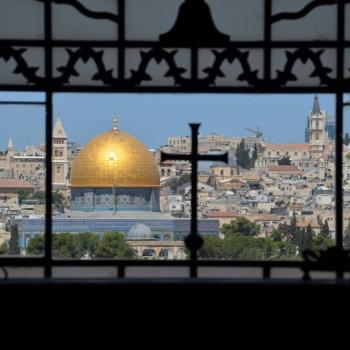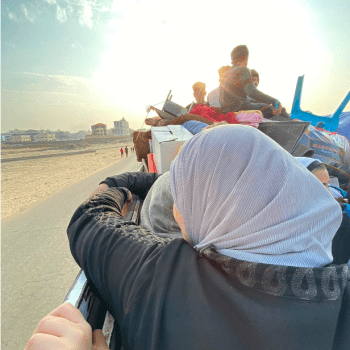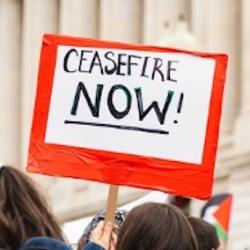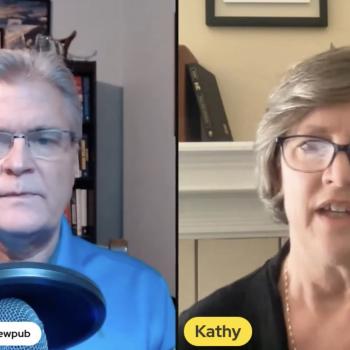To Muslims, the whole month of Ramadan is precious, but the Night of Power is extra-extra special. I want to tell you a little about it today. (For previous posts on Ramadan, go here. To subscribe to my newsletter, go here.)
The Arabic name for this holy night is Laylat al-Qadr (LAY-lat al-KUD-er). “Night of Power” is a compelling name for the occasion, but oddly nobody knows its exact date. There are legends, leading many to believe that it is one of the last ten nights of Ramadan, most likely the 27th or 29th.
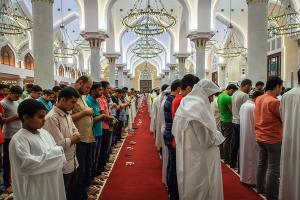
(I have a theory that the camel knows which night it is – here’s why. In Islam, God has one hundred names, but humans know only ninety-nine of them. The camel knows the 100th and, as I’ve been told, “that’s why he looks so wise.” So it seems to me that he might be privy to the mystery of Layalat al-Qadr too.)
Many feel this is a night of special blessings and mercy from God, when God selects a few among the faithful and answers their prayers. Because of this, mosques are extra crowded on the last ten nights. This year, the 27th of Ramadan falls on Saturday, May 8; the 29th Of Ramadan is Monday, May 10.
(One year, before I knew about the Night of Power, I surprised my husband with tickets to a Chicago concert that happened to fall on the 27th of Ramadan. We went to the concert, but he felt conflicted the whole time because he missed the prayer at the mosque!)
The mosque in Rockford IL, where we lived for years, has a big crowd all month long for the tarawiyyeh, but it gets really packed on the last ten nights (maybe not this year because, you know, pandemic).
Rockford has, mashallah, a sizable Muslim community, and has been very welcoming toward visitors and interfaith efforts. I was invited to attend the Night of Power prayer a few years back – it was also the final night of Qur’an reading.
The Muslim community in Rockford hails from all over the world – every Arab country, Eastern Europe, Pakistan and India, and more – plus some American converts. The imam therefore always speaks in both Arabic and English. That was especially good for us visitors.
Although I understood only half of what was happening, it was very moving. The imam, a sweet and gentle man, prayed as the congregation and visitors sat in the darkness. He wept, and others in the room wept, as he prayed for people going through various struggles in different parts of the world.
He prayed for the suffering people in Syria, the victims and their families from the EgyptAir crash, the recent ISIS attacks, and natural disasters. Then he prayed for the United States – the Orlando massacre, the wildfires in California, and the presidential election and all the ugliness around that (especially the threats to Muslim Americans). Last, he prayed for Rockford and the local Muslim community.

The experience reminded me of Good Friday services, where the pastor would read the Seven Last Words of Christ while an acolyte extinguished the seven altar candles, one by one.
The Night of Power commemorates when the first verse of the Qur’an was revealed to the prophet Mohammed. As the story is told, the prophet used to withdraw into a cave to meditate for a month every year. Muslims believe that the angel Gabriel visited Mohammed in the cave one night and gave him his first revelation. For the next twenty-three years, the rest of the holy book was revealed to him.
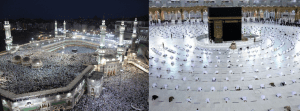
Every year, on the last ten days of Ramadan, millions of Muslims head for the mosques for congregational prayers.
People come from all around the world to pray in the holy cities of Mecca and Medina in Saudi Arabia, the two holiest sites in Islam.
In Palestine, tens of thousands of Muslims pray at Al-Aqsa Mosque, Islam’s third-holiest site.
All Palestinians who live in Jerusalem have access to the mosque compound, but for visitors from the West Bank, only men over the age of 50, and women over 30 are allowed to enter Jerusalem to pray.
(Of course this year is different.)
One mosque in Alexandria, Egypt (I can’t tell you which one because my husband – who knows these things – has lapsed into his post-iftar coma!) is famous for the huge crowds that attend. Have a look at the video below (just for a minute or two – not the whole hour) to see what I’m talking about. It’s insane.
Amazing, isn’t it? Did you see those straight lines?
Just thought you might like to hear about this tradition. You’re welcome!
OTHER POSTS YOU MIGHT ENJOY:
Ramadan for Christians: a story of smuggling
Dear Conservative Christians: the world is complex and nuanced
The significance of Baby Jesus as a person of color
Gnats, camels, and Christian indifference
FEATURED IMAGE: “Late night prayer” by Omar Chatriwala is licensed under CC BY-NC-ND 2.0 (Rows of worshippers at taraweeh prayer in the Imam Muhammad Ibn Abdul Wahhab Mosque for Ramadan 2013 in Doha, Qatar.)


